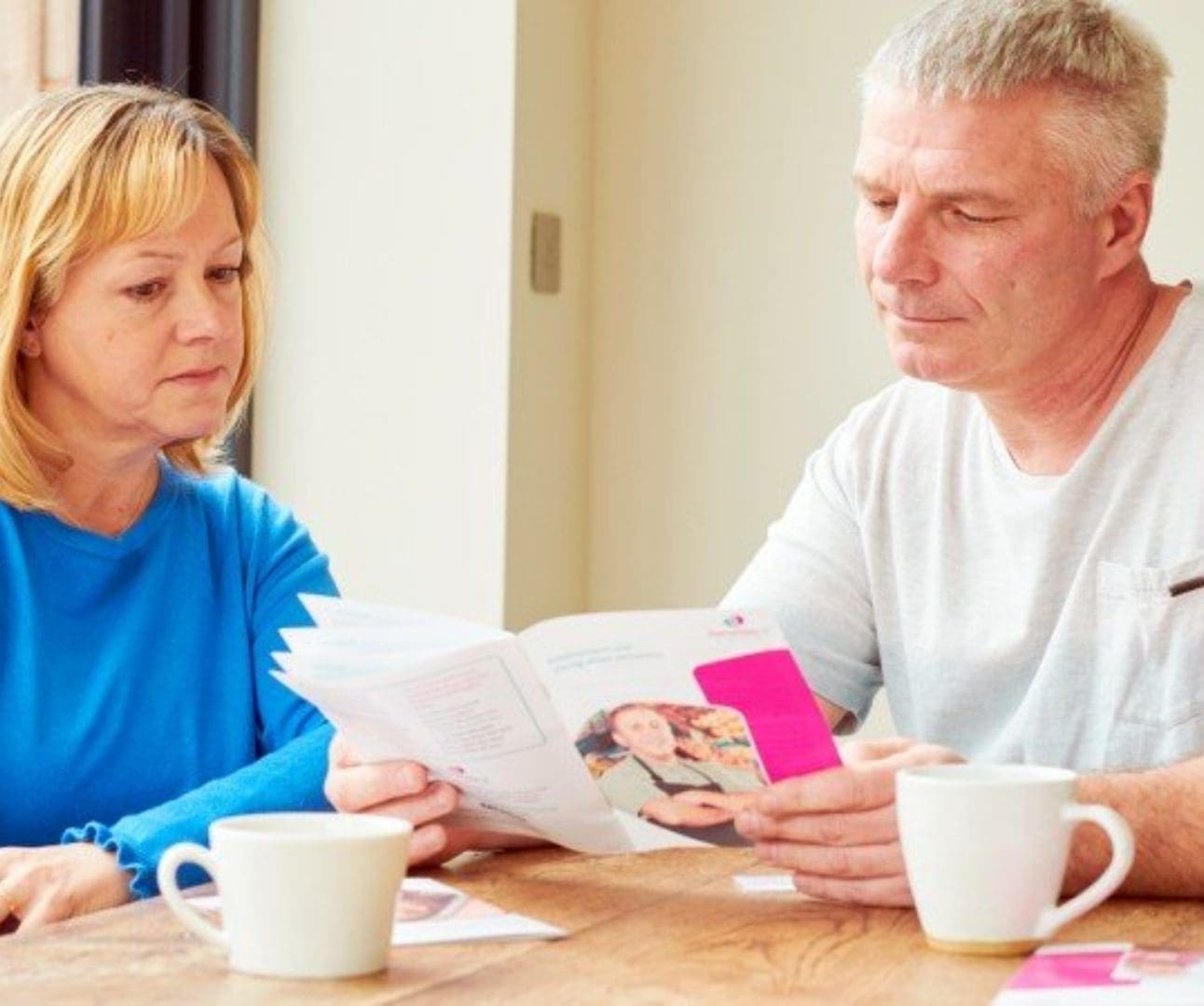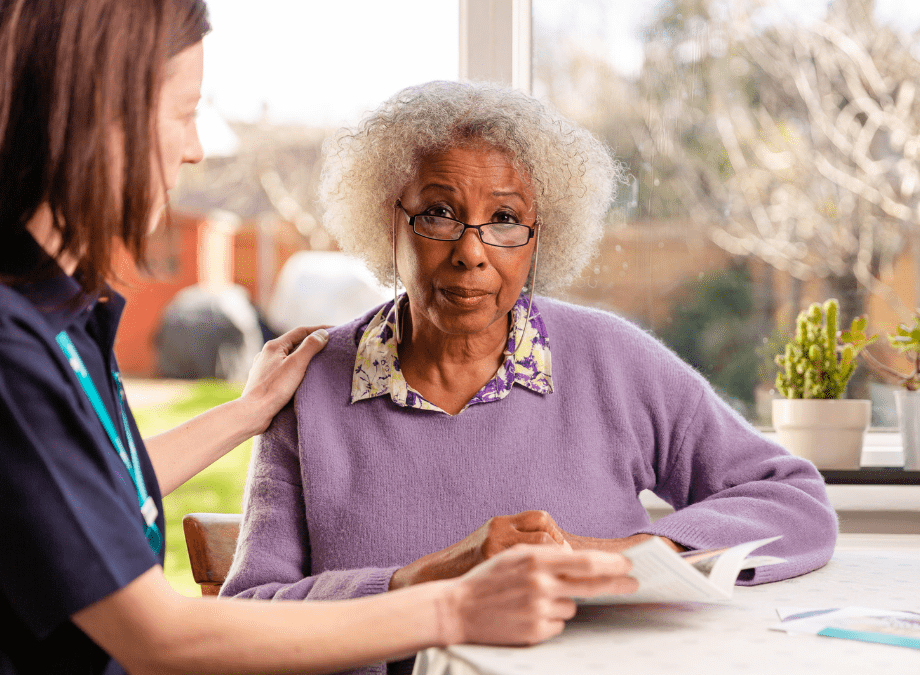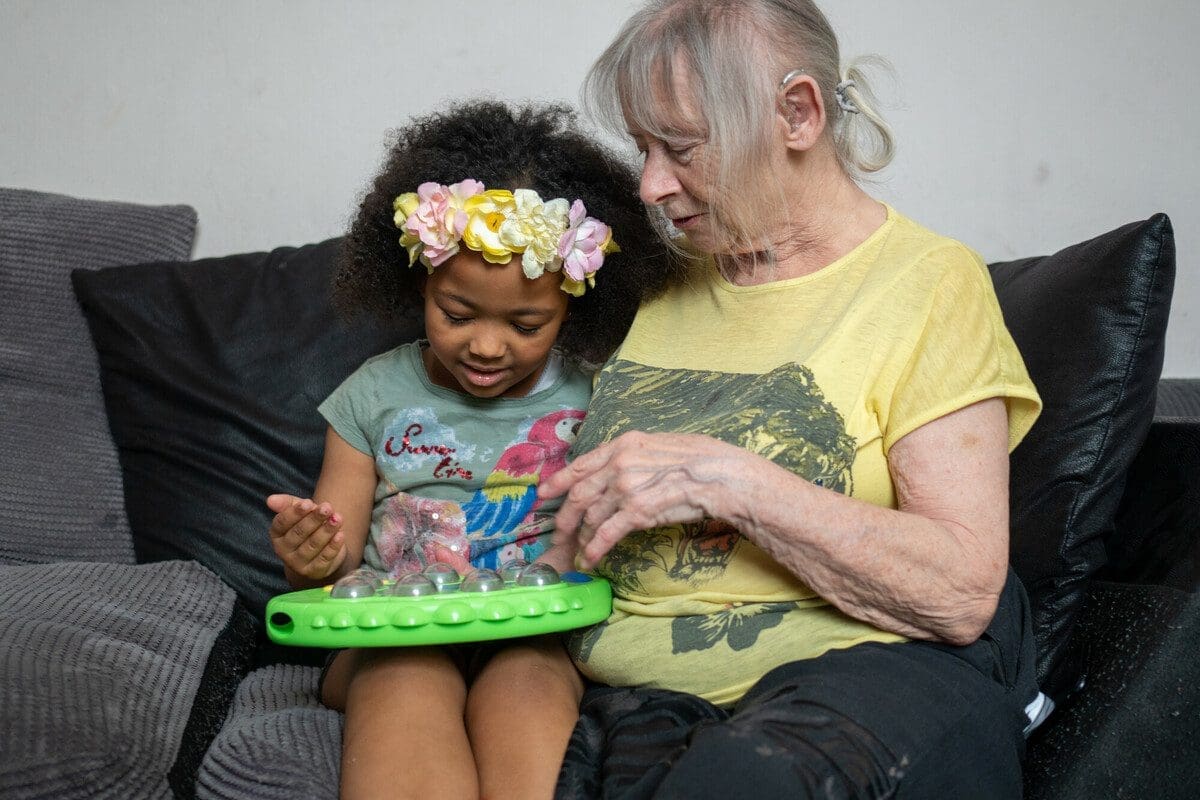
Young onset dementia
Information and resources about young onset dementia, where symptoms develop before the age of 65.

Martin is living with posterior cortical atrophy. He lives in Scotland and is passionate about younger people receiving an early dementia diagnosis.
I call it, “my dementia” as I have dementia, but it doesn’t have me. Also, everyone’s dementia experience is unique to them. The common perception of dementia is of a very confused elderly person: this is not the whole picture and I believe that modern tests are going to show more and more younger people with the early stages of dementia.
In May 2016, at the age of 58, I had been going to a consultant for a year regarding one sided headaches when he gave me a cognitive test to do. Upon seeing the results, he said out of the blue, “I must advise you not to drive – you have frontotemporal dementia.” (FTD) Luckily, I had my wife with me as we were 30 miles from home, and I could not have got home otherwise. He then said he would do an MRI scan to confirm.
The MRI scan did not show anything wrong, and no more was done. I was told to stop working but got no advice whatsoever. When we phoned the GP for help, they asked, “What help do you want?” suggesting we were meant to know what was available. I was beginning to think that I was a fraud as there was no actual sign of damage, even though my scores on cognitive tests were getting worse.
I then moved up to Scotland where I was sent to a neurologist; he saw there was something wrong but did not believe it was FTD. He sent me for a DAT scan which involves a radioactive tracer going through your system to the brain and this showed I had posterior cortical atrophy. He telephoned the result to us the day after the scan, no hanging about! The difference between the two scans is that an MRI looks at the physical parts of your brain whilst a DAT scan looks at the chemistry of the brain.
I have always taken the diagnosis positively, but I was very relieved to actually have a proper, informed diagnosis and to finally receive post-diagnosis support. I feel positive because my dementia was spotted early so I can make happy memories for my family, and I can enjoy life. Also, I used to be a stress-head but I no longer stress over anything as the worst has happened; nothing else comes close. I have been able to indicate my preferences and create a Power of Attorney, so I know my relatives will have the strongest powers to act for me in accordance with my wishes.
I am doubly lucky to live in Scotland: my birthplace – there are lots of nice people and peace and quiet. Also, Scotland is one of the best countries to have dementia in, if that is possible. There has been free social care for over 65s for some time, but in April 2019, this was expanded to people aged under 65 as well. This came about through ‘Frank’s Law’, named after the former Dundee United footballer Frank Kopel. He was diagnosed with young onset dementia at the age of 59 and sadly died six years later in 2014. After his death, his family fought in his name to get free personal care for people aged under 65.
Scotland has a vibrant dementia community that campaigns for change. The Scottish government does actually listen and act. They have plans for a National Care Service that is set to oversee the delivery of care, improve standards, ensure enhanced pay and conditions for workers, and provide better support for unpaid carers.
I have written a booklet regarding work after a dementia diagnosis. I was also involved in the creation of ‘Knowledge is Power’, a booklet that has been written by a group of us living with dementia which includes information and advice that we hope people in Scotland will find useful. To cap it all, I am now a member of the Scottish Dementia Alumni, who have many years of personal experience to draw on.
With tests such as DAT scans, there will be more younger people diagnosed with dementia. At the moment, there must be thousands under 65 who have been misdiagnosed with issues relating to stress, depression and menopause who really have dementia. GP’s do need more training on this. There will be extra costs to society – disabled benefits, less workers, increased health costs – but the gains to the individuals concerned must surely override the costs.
Whilst able, I am trying to get this message about earlier diagnosis out to health professionals and the public. I give talks to students and anyone else who will listen as society is not geared for younger people with dementia.
Martin lives in Scotland. He finds writing about his experiences cathartic and is a passionate dementia activist.

Information and resources about young onset dementia, where symptoms develop before the age of 65.

Help us raise vital funds, improve care and support for families facing dementia and spread the word about our specialist dementia nurses.

Sharing your story with Dementia UK can help to inspire and reassure others who may be going through similar things.